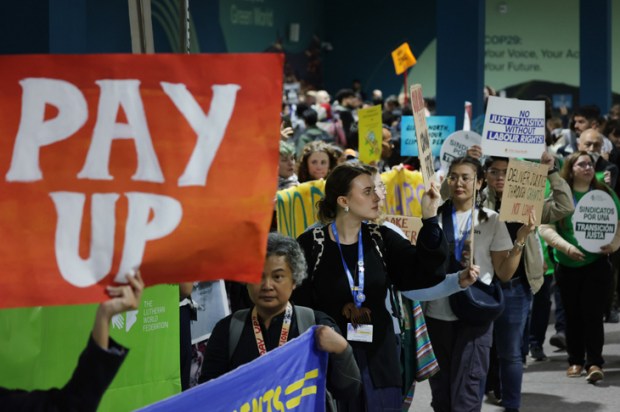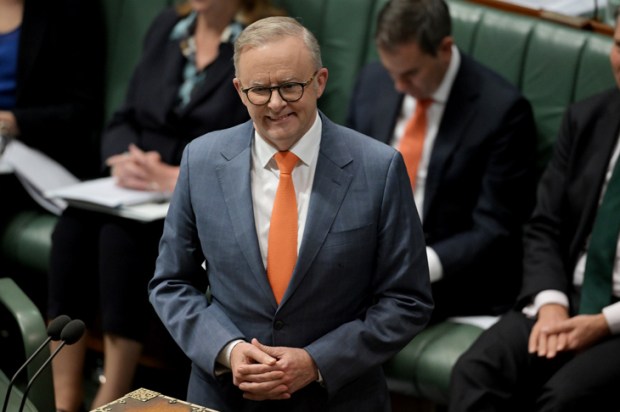Early on Christmas morning in 1962, the Indian diplomat S.S. Banerjee heard a mysterious knock on his door in Dacca, East Pakistan. Standing outside in the darkness was a 14-year-old boy, who beckoned to him to follow, and minutes later Banerjee found himself opposite the firebrand politician Mujibur Rahman, a pipe-smoking Bengali activist who had recently transformed from a Pakistani nationalist into one of the country’s fiercest critics.
Most popular
Douglas Murray
Welcome to life on Planet Elon
Patrick West
What the Boots Christmas advert backlash is really about
Rod Liddle
Europe’s blind spot...
Already a subscriber? Log in
Black Friday sale
Subscribe today and get 10 weeks of The Spectator Australia for just $1
- Unlimited access to spectator.com.au and app
- The weekly edition on the Spectator Australia app
- Spectator podcasts and newsletters
- Full access to spectator.co.uk
Or
Unlock this article
You might disagree with half of it, but you’ll enjoy reading all of it. Try your first month for free, then just $2 a week for the remainder of your first year.








Comments
Black Friday sale
Subscribe today and get 10 weeks of The Spectator Australia for just $1
SUBSCRIBEAlready a subscriber? Log in